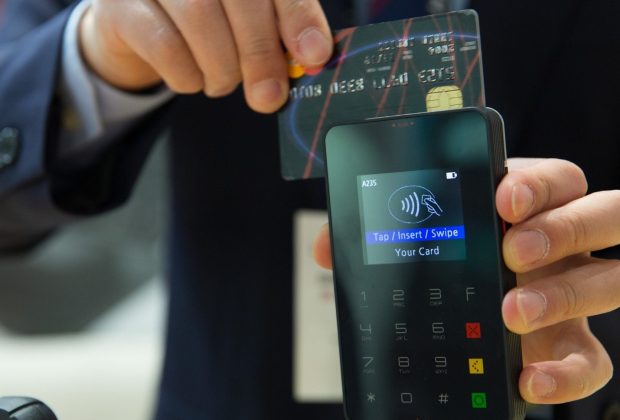Carrying cash is a thing of the past. Gone are the days of spare coins weighing down your pockets and bills getting lost in your bag. The many benefits of a cashless economy make it simpler and more convenient to pay for everything and anything. Of course, the cashless economy is not quite universal yet. But more and more businesses are turning to cashless vending. Here are a few of the reasons to consider this technology.
1) It’s Much Faster!
Paying at a cash register can take customers a long time, especially in busy periods. Offering a cashless system of payment speeds up the process and can be a significant benefit to consumers, resulting in them choosing your business over another. In general, it takes a lot less time to swipe a card than pay with money. In a restaurant or cafeteria, cashless vending means customers get their food faster. In an education setting, students can get back to their lessons much more quickly.
2) No Inconvenient Cash Handling
Not all employees are adept at handling cash. There are often inconsistencies between the takings and the money in the register at the end of the day. Handling cash can be stressful and there is a constant worry about having enough in the register to cover change. Switching to a cashless system of vending solves these worries, particularly in a large institution where the volume of cash taken daily causes considerable headaches for administration staff.
3) No Need for Cashing Up
Once the business day is over, you switch off your vending systems and that’s it. No need to cash up and count. Employees get home quicker. The day’s takings are easy to see on screen, where a variety of reports can be downloaded making it much easier to work out how business has been during the day.
4) Greater Security
Security is much higher when you have no physical registers and no actual money passing through the business. Cashless registers can be left without supervision when there are no customers. There is a lower risk of theft or accidental loss of cash. It is a much more secure system and results in savings for the business.
5) Effective and Efficient Analysis
Businesses can download reports and analyze patterns of spending and the popularity of goods and services. It is easy to see who buys what, and when. With increased knowledge of spending patterns, businesses can make effective changes and developments to promote or scale down particular lines or products.
6) Coordination of Facilities
Different paid-for aspects of the same business can be coordinated with the implementation of a full-scale cashless vending system. For example, the parking lot, cafeteria, gym, and vending machines can all be controlled with the same technology in a school or office building.
Chip card technology makes it possible to offer cashless vending on a wide scale. Memory cards are a high-security option for cashless vending as well as parking lots, loyalty cards, gym membership, and other leisure options. Memory cards are economical, and the system can be scaled up as and when required, making them the ideal option for a business looking to go cashless.






